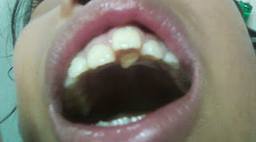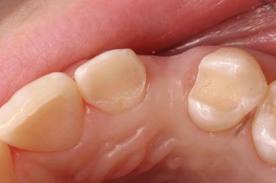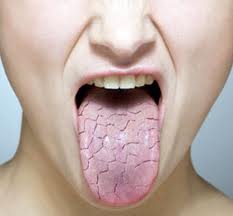We have discussed hypodontia in the part I of this article. Here we will look at extra teeth in addition to those in the normal dentition.
Hyperdontia
Hyperdontia, or supernumerary teeth, are teeth additional to those in the normal series. They can be found anywhere in the tooth-bearing region. They are most commonly found in the upper front tooth region, followed by the lower back tooth region. Just like hypodontia, they can be present on both sides (right and left sides) of the dentition. Hence, when there is a supernumerary tooth on one side of the jaw, a dentist would check for the possibility of a supernumerary tooth on the other side as well. Continue reading



